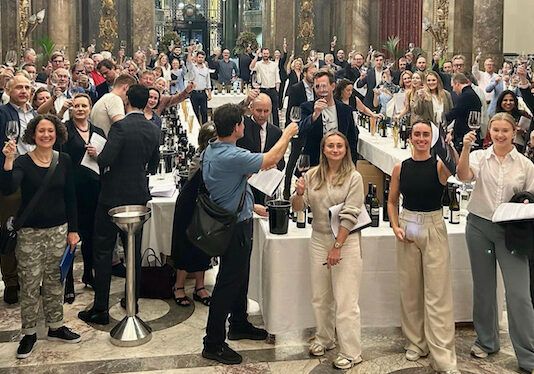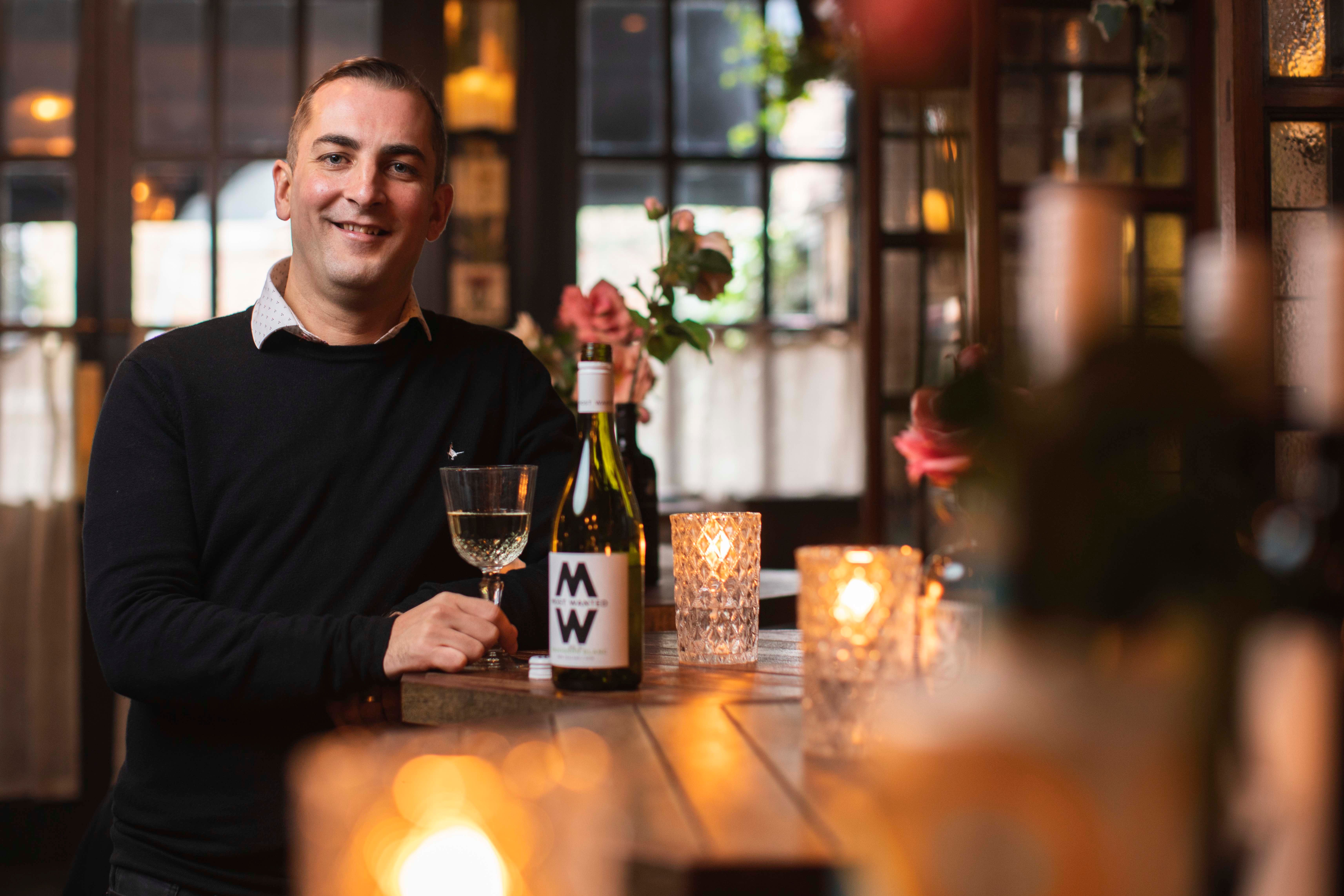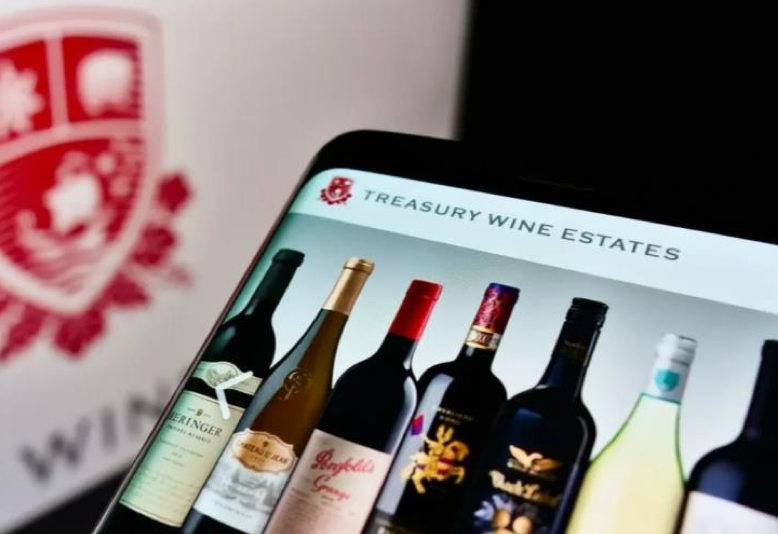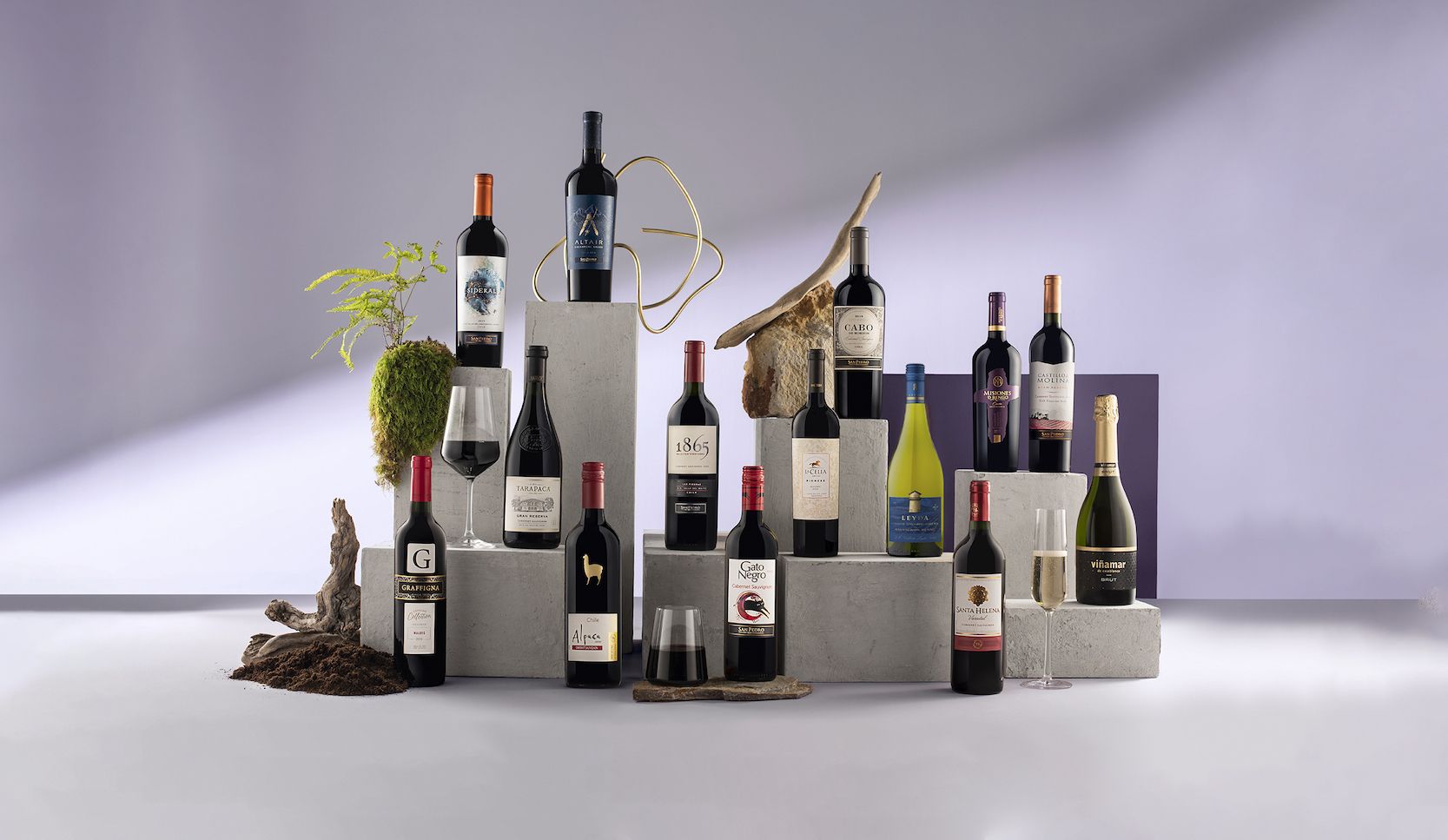The first four parts of The Buyer Covid-19 Hub include the first back in March, the second in April, and then the third in May followed by the most recent Hub from mid May through to early June.
The Buyer’s Covid-19 rolling hub has been selected as one of the best in the country amongst specialist business media by the UK Press Gazette, the industry bible for journalists, in its Coronavirus Excellence Journalism initiative.
June 18
California Wine Institute (CWI) teams up with Tiger Vines for ‘The California Sommelier Sessions’, a weekly online workshops for sommeliers
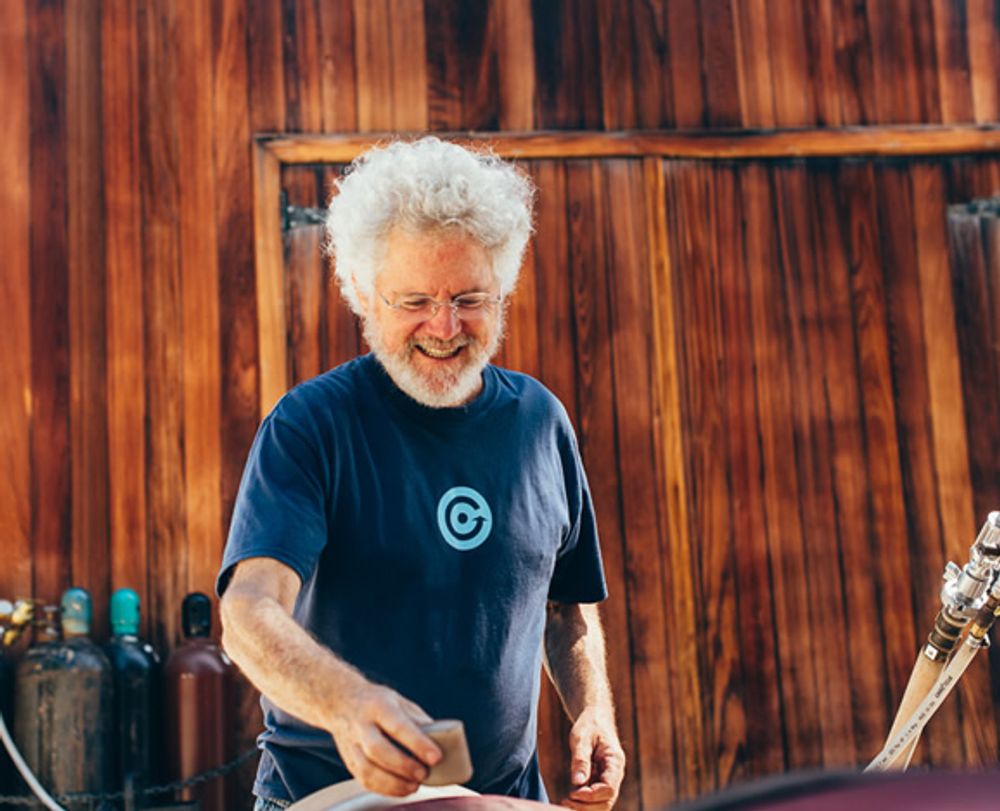
Adam Tolmach Ojai Viney
The California Wine Institute (CWI) is teaming up with Tiger Vines for the first in a series of weekly online workshops aimed at the sommelier community launching via Zoom at 1600 BST today (Thursday).
‘The California Sommelier Sessions’ will provide a platform for a range of importers to taste and network with key buyers and influencers in the on trade and specialist retail. Featuring producers talking through their wines, the CWI says the webinars will also provide an ideal opportunity for those preparing for WSET, MW or Court of Master Sommelier exams.
The first session features a live link up with Santa Barbara legend Adam Tolmach, founder of the Ojai Vineyard, whose three decades of winemaking have seen him lauded for his prowess with cool climate varieties – such as Riesling, Chardonnay and Pinot Noir – making the most of Santa Barbara’s mild climate, courtesy of its close proximity to the Pacific.
Tolmach, who was due to make his very first ever UK Market visit last month, will be joined by his assistant winemaker Fabien Castel for the first workshop.
Ojai’s importer, James Thomas at Tiger Vines, told The Buyer: “This is a fantastic opportunity to connect with sommeliers and journalists, MWs and MSs, taking them straight to the winery in Ventura County for a one-to-one with Adam and Fabien. We’re more focused on DTC now due to the outbreak, but we remain firmly rooted in the trade.”
Tiger Vines was at the vanguard of those rapidly adapting its business model to serve consumers directly in the face of the unprecedented collapse in trade sales due to the Covid 19 outbreak.
Those interested in signing up for the weekly sessions can register via a link in the bio on the California Wines UK Instagram page.
June 18
Matthew Clark opens up e-commerce site to new customers in what it claims is an on-trade first

Matthew Clark has opened up a new ‘guest’ service on its e-commerce site to help on-trade customers re-open
Matthew Clark is looking to help bars, restaurants and pubs that are looking at cost effective ways to re-open by giving new customers access to its e-commerce platform (www.matthewclarklive.com) where they can order up to £1,500 of drinks without opening an account.
The national drinks distributor has selected 400 of its best-selling products to help operators re-stock and take their first steps in opening up their outlets. New customers also have the option of browsing its full range of over 5,000 beers, wines and spirits and opening a formal online account.
Matthew Clark is also looking to provide deliveries with three to five working days using stock and delivery vans from any of its 14 regional depots.
This is the latest step in how the distributor has looked to help its on-trade customers that has included removing minimum order requirements and giving more flexibility on delivery days and times. It has also been promoting the C&C-developed Local app that helps outlets run delivery and collection schemes – and contactless payments when they can open.
Richard Hayhoe, marketing director at Matthew Clark, said its challenge has been to look “at every opportunity to support the on-trade during lockdown and importantly, to be ready to get back to business as soon as the industry gets the green light”.
He adds: “By opening up our e-commerce platform to new customers who don’t have an account, we’re giving on-trade customers the chance to buy our best-selling brands across wine, beer, spirits and soft drinks, delivered in one drop, and at great value prices. With no minimum order value, customers can manage stock and their cash flow, as they take the first steps to re-opening. We’ve also made it even easier for those customers who want to open an account with Matthew Clark who can quickly and easily apply online”.
Covid-19 Job Retention Scheme offer flexible furlough from July 1

Drinks and hospitality businesses will have more flexibility over brining staff off furlough from July 1
The drinks and hospitality sectors are going to be given more flexibility in how they bring more staff off furlough in the coming weeks as the government’s Coronavirus Job Retention Scheme is relaxed to allow for part time working.
The new move is said to be vital if businesses are going to be able to best manage how they bring more staff back into work, and off furlough, as and when the on-trade re-opens and demand picks up. Previously staff on furlough were not able to carry out any work at all. Now the scheme has been adapted to allow employers to bring previously furloughed employees back to work part time and decide the hours and shift patterns they work to suit the needs of their business.
Andrew Bewes, managing director of Hallgarten & Novum Wines, told The Buyer earlier this week that the new scheme will be a big step in helping it adapt its workforce and even bring in different members of staff to work on certain days of the week. Whilst it might not need, for example, a full design team to help manage new wine lists on a full time basis he could see a situation where they might employ people for part of the week to keep up with business as it comes in.
Here is a clip of the full interview where he explains how he proposes to use the new flexible arrangement. Click here to watch the full interview.
Off Piste lives up to its name with a move into gin – and direct to consumer
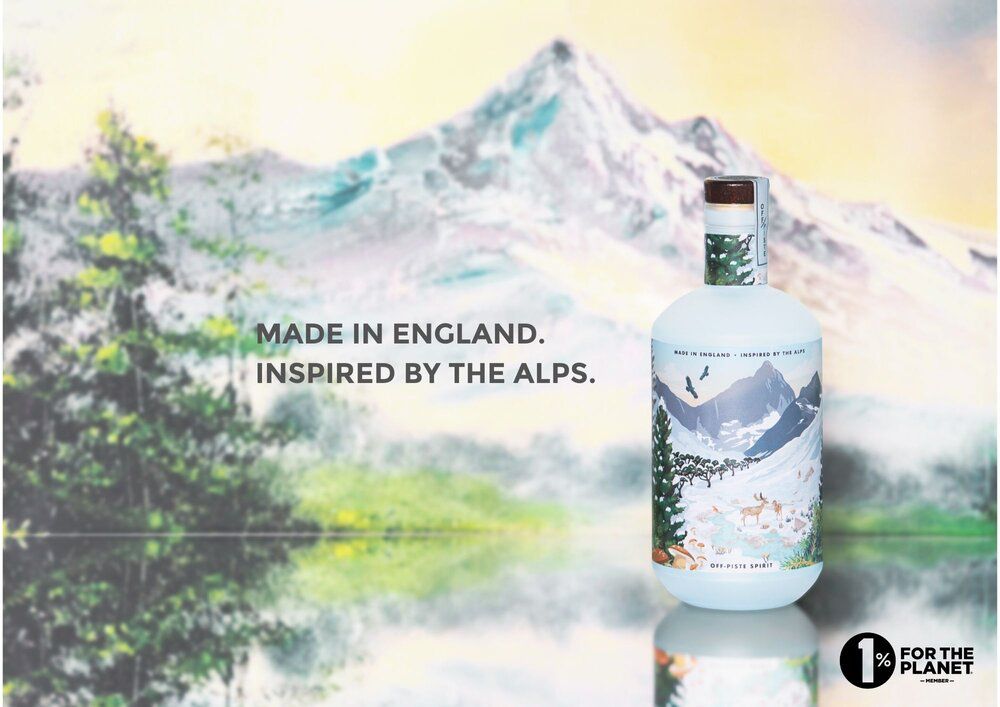
Off Piste Gin is the first spirit from Off Piste Wines and is available direct to consumer
Off-Piste Wines has built a reputation in the industry for being at the forefront of trends and looking to lead the market rather than follow it. So it should come as no surprise that it is looking to move into spirits, and, in particular, the still fast growing gin category with the launch of its own gin brand – Off-Piste Gin.
In so doing it is also stepping its toes into e-commerce by offering the brand direct to consumer at £38 vs £37.50 RRP.Along with a standalone hip flask and bottle offer (£50).
It is the first time it has moved away from its core wine business since it was first founded in 2007 and has come about thanks to a tie-up with family-owned Sibling Distillery, based in the Cotswolds.
Off-Piste Gin captures the imagery of the Alps on its label, but that also carries through in the botanical used with mountain ash berries, Alpine cornflowers and Saaz hops combining with the more classic flavours of juniper, cardamom and lemon zest.
The concept for the brand came before Covid-19, but its strapline – ‘If you can’t get to the mountains, why not bring the mountains to you?’ – has “proved far more pertinent than we would have ever imagined,” says Off Piste’s NPD manager, Rachel Archer.
She says she wanted a gin that could stand out thanks to both its flavour but also its “a cool, contemporary” illustration. “Something,” she says, “to take your breath away. The design needed to have a universal, emotive appeal but to really resonate with mountain lovers and to evoke memories of being in the great outdoors.”
One per cent of sales will be donated to ‘1% For The Planet’, a global organisation that helps to fund environmental projects. The brand is also supporting Disability Snowsport UK (DSUK), an organisation that provides adaptive snow sport experiences for people with disabilities.
Get behind Nik Darlington as he runs 100km for the Drinks Trust

Go Nik Go! 100km in a week – all to help raise money for The Drinks Trust
If you have taken up running during lockdown then spare a thought – and hopefully a pound or two – for Nik Darlington, co-founder of Graft Wine Company who is looking to run 100 kilometres,on a course that takes him around English vineyards throughout next week’s English Wine Week, to help raise money for The Drinks Trust.
Whilst Darlington is prepared to take the 100K English Wine Week Challenge himself, he is also calling on anyone to do their bit and run, walk or cycle as far as they can during the week – with the only requirement being they try and take in a vineyard along the way. If you do you can sign up to two Strava ‘Clubs’ that have been set up for cyclists and runners to track their progress through the week.
Darlington’s route will start in the Test Valley at the Black Chalk winery and vineyards on June 22 and he will then over the course of the week take in vineyards in the North Downs, the Itchen Valley, the Lod Valley and the Wey Valley.
He says: “Our wine lands aren’t like Bordeaux or Stellenbosch with vines carpeting the horizon. Most of our vineyards are small and tucked away. You need to dig a bit deeper to find many of them, so this is also a way of encouraging people during English Wine Week to get outside and find them. I am a keen runner, but I’ve never run this kind of mileage in this space of time so I’m quite nervous, especially about some of the hills involved along the North Downs, but also very excited about exploring the vineyards.”
You can help him along the way by donating on his Just Giving page for The Drinks Trust.
Ross Carter, chief executive of The Drinks Trust, says: “We are always impressed with the challenges people take in order to raise money for The Drinks Trust and Nik’s is truly exceptional. Thank you for your support and what a brilliant way to celebrate English Wine Week. We hope there’s a glass of something waiting for you to celebrate each leg of your run!”
Convenience stores are the places to go during Covid-19…and beyond
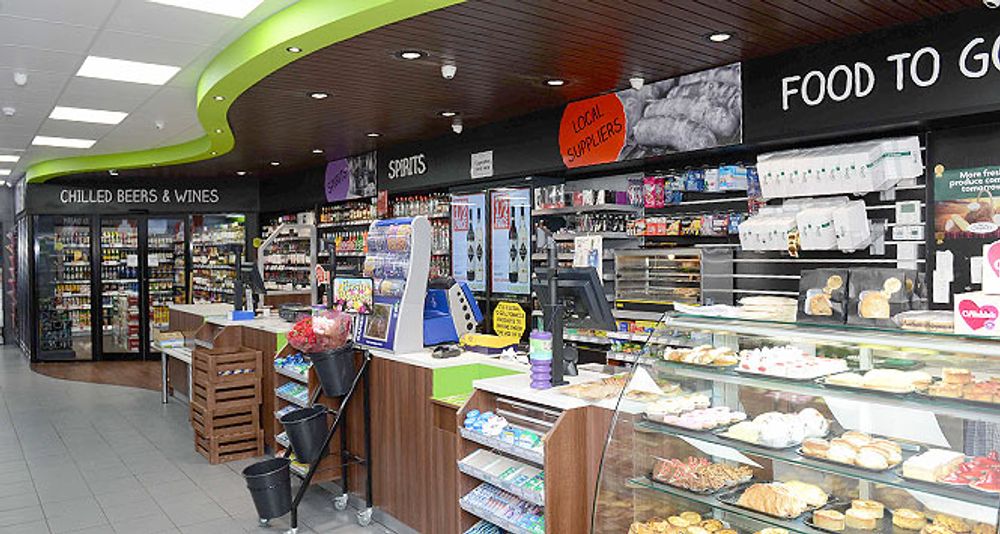
Our reliance on local stores during Covid-19 is likely to continue even when lockdown measures relax with the overall convenience market set to grow by 8% in 2020 to be worth £44.7bn.
The figures are released this week by HIM, the convenience market analysts, who also predict even stronger sales for convenience store retailers, with sales up 11% in 2020. The 8% growth far outpaces the 2.6% increase in convenience spending in 2019.
HIM warns, however, that only the best c-store operators will benefit to this degree, and it opens up new opportunities for brand owners and suppliers to work even closer to what is going to be an ever more important sector of the retail market.
It says: “Many independent retailers are the cornerstone of their local communities and the strong growth forecast reflects the resilience and motivation of stores to support the local area and its customers.”
It says a recent consumer poll it conducted found that 69% of people believe their local convenience store is doing all that it can to support the community and its customer.
The rise in c-store spending is largely due to the change in our shopping behaviour during lockdown with people preferring to shop more frequently locally with smaller basket sizes than go to major grocers.
“Convenience retailers have worked incredibly hard to ensure that their local communities have been able to get hold of the goods that they need, especially those shielding at home. In some cases, this has included the introduction of a home delivery service for the first time. In addition, many shoppers have been delighted to find hard to obtain items in their local store, which is likely to encourage them to return,” says HIM.
Own label is also predicted to become a bigger part of the c-store mix as it will help operators and suppliers better manage their supply chains. The proportion of shoppers purchasing own label products within convenience has risen 6pp to 24% in 2020.
You can click here to find out more about our new UK Convenience Market Report 2020.
June 17
Chart of the Day: Silicon Valley Bank on wineries and consumer data
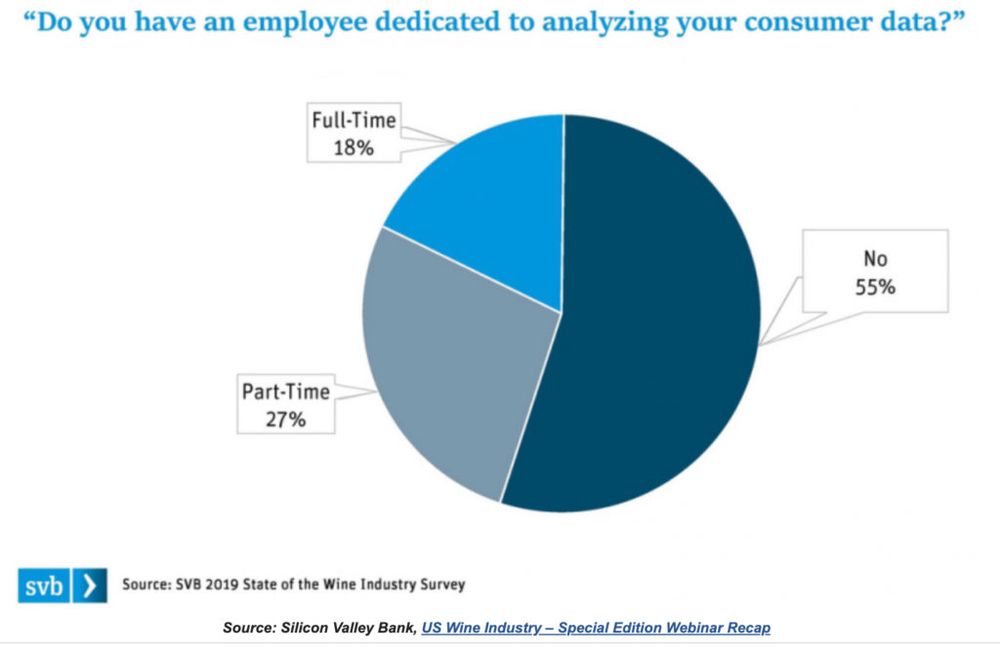
Restaurants and wine merchants urged to get behind Bordeaux Wine Month
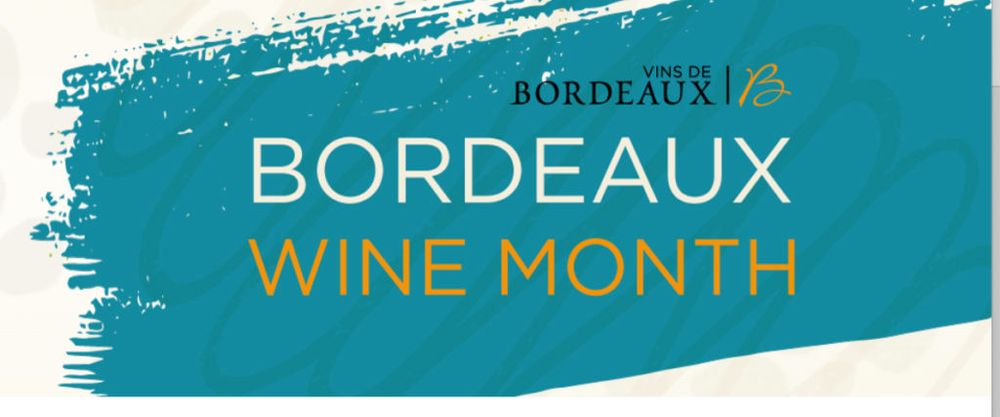
The third Bordeaux Wine Month is being held in September where wine merchants and the trade have a chance to get behind a series of tastings, promotions and opportunities to raise their sales of Bordeaux wines and promote the region at the same time.
Organised by Bordeaux Wines UK it is this year calling on both independent retailers and restaurants to run their own eye-catching promotions that needs to include a minimum of three tastings of Bordeaux wines for at least two weeks during September. If they do, in return they receive a POS kit, and help to promote it online and a budget of £200.
The initiative is usually only open to retailers to take part, but this year has been expanded to restaurants to help them push sales following the Covid-19 lockdown. Selected restaurants will also receive £400 to support a ‘Bordeaux by the Glass’ promotion in their outlets.
The most creative promotions – from both merchants and restaurants – will be rewarded with the chance to win a trip to Bordeaux, as well a number of cash prizes for the most engaging online and social media campaigns.
“Feedback from past promotions has been exceptional, with retailers selling on average 20 more cases of Bordeaux than usual,” says Fiona Juby, UK marketing consultant for Bordeaux Wines UK. “Bordeaux Wine Month is a fantastic way for retailers and, this year, restaurants to showcase this diversity, drive trial and increase sales.”
The deadline for both retailers and restaurants to register their interest for participation is July 31. Retailers can get involved by clicking the link http://www.cubecom.co.uk/bwm. Restaurants can register their interest by contacting teambordeaux@cubecom.co.uk.
Cape Wine pushed back to 2022 to help South Africa get over Covid-19

We will have to wait until October 2022 for the next Cape Wine in South Africa
The South African wine trade show, CapeWine, has been pushed back from 2021 to 2022 in order to give the country and the world more time to get over the impact of Covid-19. Held in Cape Town and hosted by Wines of South Africa, the event, which was scheduled for September 2021 has been moved to October 5 to 7 2022.
The South African wine industry has been particularly badly hit by the pandemic, with exports banned for a disastrous five-week period and domestic wine sales stopped for even longer, only resuming on June 1 when the country moved to a level three lockdown.
Exports are still slower than predicted as Cape Town’s port struggles to handle the demand. This has had a huge impact on South African wine producers’ income, which is directly linked to exports, and also on the financial position of many producers. The combination of these factors, in addition to being unable to secure a main sponsor for the event, has driven the decision to move the show back by a year.
“With so much uncertainly over the future currently, we have taken the difficult decision to move the CapeWine show to 2022,” confirmed Siobhan Thompson, chief executive of Wines of South Africa. “Financial pressure and the lack of certainty over international travel in the longer term have made it impossible to plan for the event at this time.”
New Zealand and the UK to embark on free trade deal talks
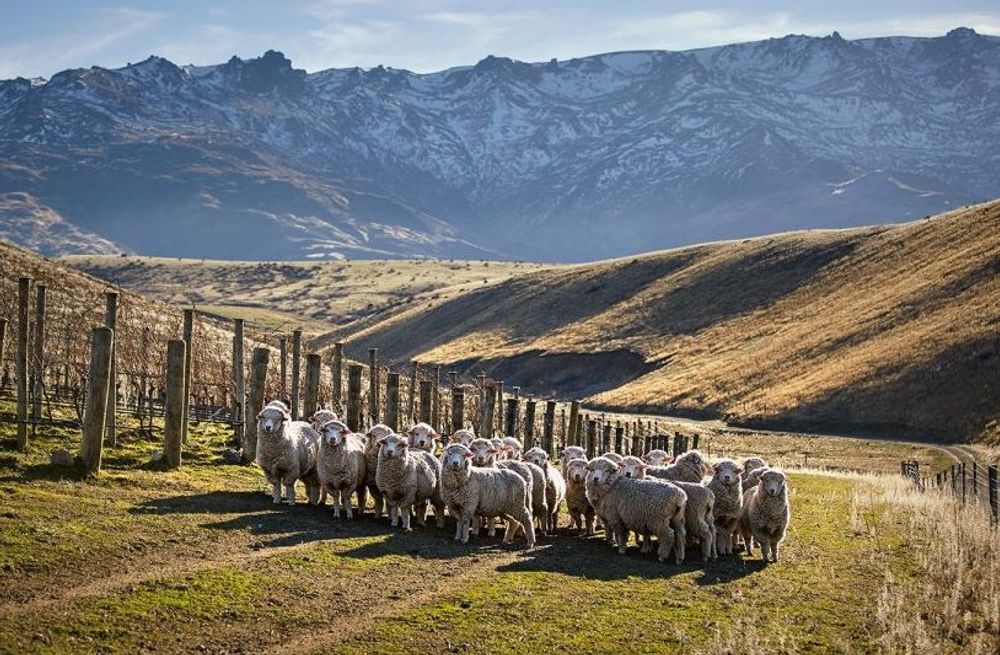
There are hopes of a free trade deal between the UK and New Zealand – but perhaps not an open border until Covid-19 is sorted
For once a flicker of hope from the world of international relations as there is news that New Zealand and the United Kingdom are to begin what is being called “a negotiation of a high quality, comprehensive and inclusive trade agreement”.
Which is could also be good news for the respective wine industries, says Jeffrey Clarke of New Zealand Winegrowers. “This is a great opportunity for both countries,” he says, which only tells part of the story.
Wine is New Zealand’s most valuable export to the UK – accounting for over 30% of the value of all New Zealand exports to the UK. In return it contributed NZ$440 million of income to its wine regions in 2019.
“The UK currently sits at an exciting crossroads. With independence from the European Union, the UK now has a chance to look afresh at its trade rules, and make sure it is doing the best by its businesses and consumers”, says Clarke. “Wine trade with the UK is currently hampered by costly, pointless EU certifications and complex rules erected to protect EU wineries. The UK now has a chance to sweep away those barriers and enhance its status as a global wine trade hub.”
But he s not getting carried away: “The current FTA negotiations with the European Union have been disappointing. Their opening ask on Geographical Indications was pretty extreme, and suggests they are not really that interested in being flexible. We will be crossing our fingers that our UK friends will be coming with a fresh attitude, and a willingness to consider powerful modern approaches to simplifying trade, like mutual recognition.”
Travel the world with the Wine on Earth Taste-A-Thon
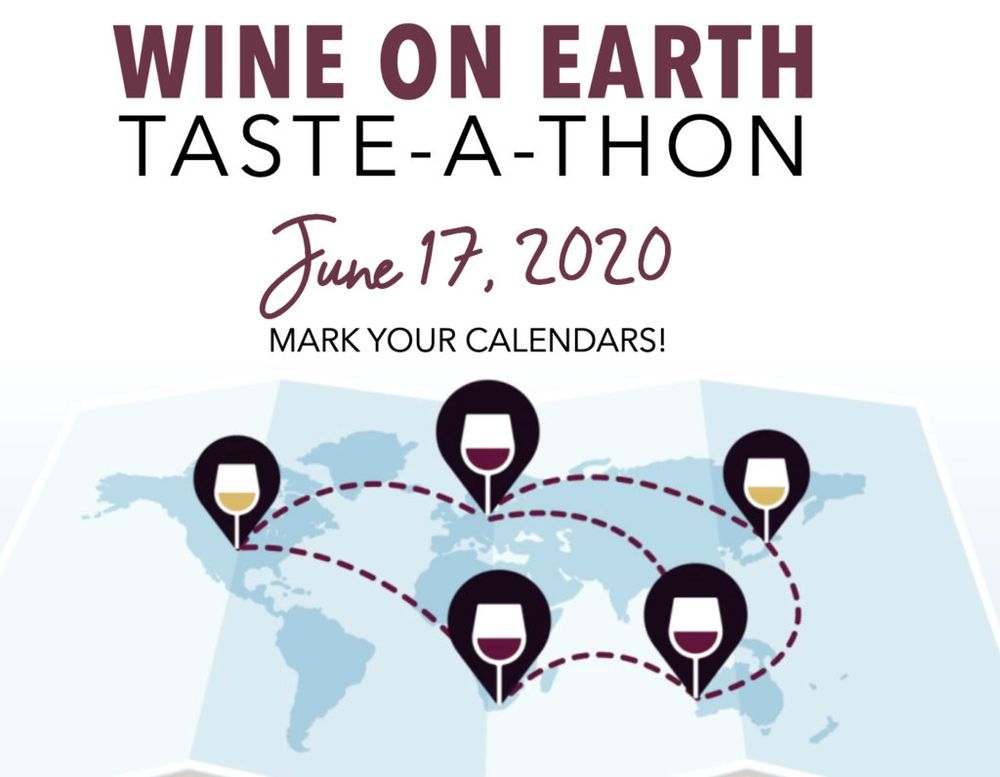
The world of wine is literally going online today to embark on what is being billed as ‘Wine On Earth Taste-A-Thon’ – a whole day dedicated to online tastings being hoste, in turn, by many of the world’s most iconic wine regions.
It’s all the idea of Wine Origins Alliance – co-founded by the Comité Champagne – that has been able to pull together wine associations and generic bodies all over the planet to each host one or a number of tastings to best showcase the wines from their area.
In all 15 wine regions are involved from eight countries – Australia, France, Italy, Japan, Portugal, Spain, South Africa and the US. As Champagne is helping it all come together it is hosting two half hour sessions – one at 9:00am this morning and another at 5pm BST.
“The Wine Origins Alliance, which we co-founded, is committed to promoting the importance of origin and terroir to the quality and uniqueness of wines. Never has the sensitivity of consumers to these criteria been as strong as in this pandemic period. We are proud to participate in this first virtual worldwide tasting, which illustrates the universal nature of these values,” said Vincent Perrin, managing director of Comité Champagne.
The different countries regions taking part are: Barossa/Eden Valley, Australia • Bordeaux, France • Bourgogne, France • Chianti Classico, Italy • Jerez-Xérès-Sherry, Spain • Long Island, USA • Napa Valley, USA • Paso Robles, USA • Porto/Douro Valley, Portugal • Rioja, Spain • South Africa • Willamette Valley, USA • Washington, USA • Yamanashi, Japan.
“For centuries, wine has brought people – and nations – together,” said Jennifer Hall, director of the Wine Origins Alliance. “Now, even while we are social distancing, wine still brings us together. After all, it’s always 5 o’clock somewhere!”
June 16
How lockdown is pushing drinks companies to invest more in digital solutions
The Covid-19 lockdown has given major drinks brands the impetus to really ramp up their use of new digital technologies, such as augmented reality and artificial intelligence, as we look to new ways of ‘safe’ drinking both at home and when we are out and about.
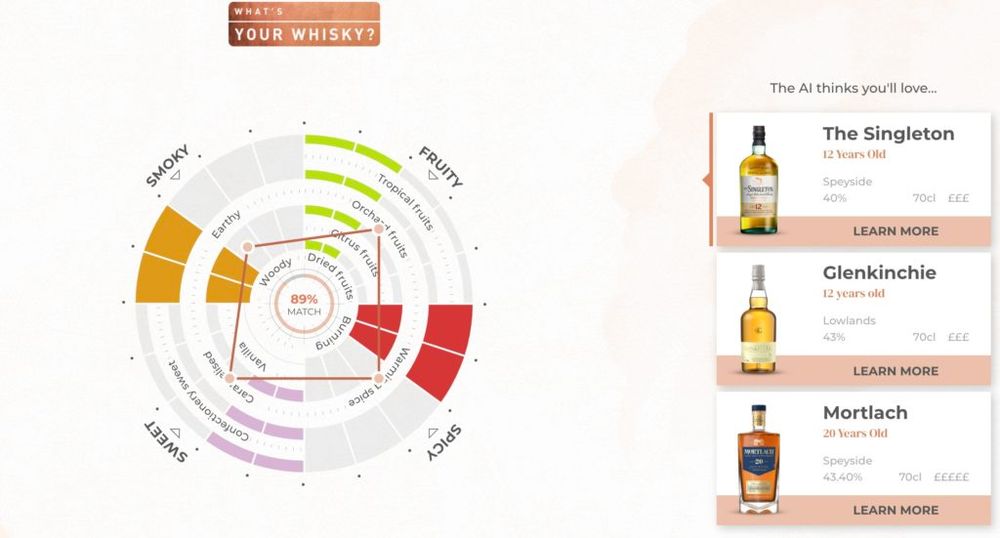
It’s an area that Diageo, for example, has been looking to take the lead on for some time, but it has stepped up its efforts even more during lockdown, says digital innovation manager, Will Harvey.
The Futures team at Diageo runs around 30 pilots a year looking at how new technology can help the drinking experience of its major brands, says Harvey. These include an AI whisky tool, whatsyourwhisky.com, that allows consumers to carry out in-home tasting sessions through a voice assistant like Alexa.
He was speaking as part of the latest podcast to be released by drinks innovation company Ripples, which has been producing a series of what it calls DrinkX podcasts with key drinks figures during the lockdown.
Harvey believes Covid-19 will have a long term impact on how consumers behave in the future, particularly around social distancing measures and how technology can help everyone feel secure, but also enhance the drinking experience at the same time. Voice search has really pushed on during Covid-19 and he expects that to only become more important.
He urges more people in the drinks industry to look at what is happening in other sectors and how they are using different aspects technology that we might not consider in drinks, but are having an impact on how consumers use and understand new tech – like in the gaming world. That’s also how a business like Diageo can tap into and work with tech companies that it would not normally come across.
Coming out of lockdown, consumers will naturally want to be more involved in local initiatives, businesses and communities and brands will be assessed far more on those levels than in the past.
Consumers are going to demand far more from brands and how those brands can help them feel connected by using new areas such as live streaming and virtual experiences as well as actual product development. So how can brands remain relevant in what will be more demand for virtual driven experiences.
Rewriting digital
Jon Reay, of technology consultancy, Rewrite Digital, has also taken part in a Ripples’ DrinkX podcast to look at how drinks companies can work more with AR and AI devices like Alexa.

It’s an area he explores further with the release of his ‘Digital in Drinks Report’ for 2020, that reveals nearly 80% of drinks suppliers have ramped up their digital capability in the last year, and are likely to have gone further during Covid-19 – but only 15% see themselves as “digital leaders”.
He believes the key trends that are driving digital in drinks are around: increased personalisation; using blockchains more effectively; end to end AI that helps create new products; building multi sensory experiences through virtual reality; what ‘virtual’ will mean for the on-trade sector; direct consumer
Reay says that for those companies that are really embracing digital it’s not something they “aspire: to, but is now driving their “strategic decision” making. “It’s never too late to get on board with digital… [but] those who are leading the way will continue to move faster and we will start to see a bigger gap [opening up],” he says.
You can listen to both podcasts, and others in the series, here www.thedrinkx.com. The Harvey podcast is available here and Reay is available by clicking here.
Castelnau opens up Friends & Family DTC website
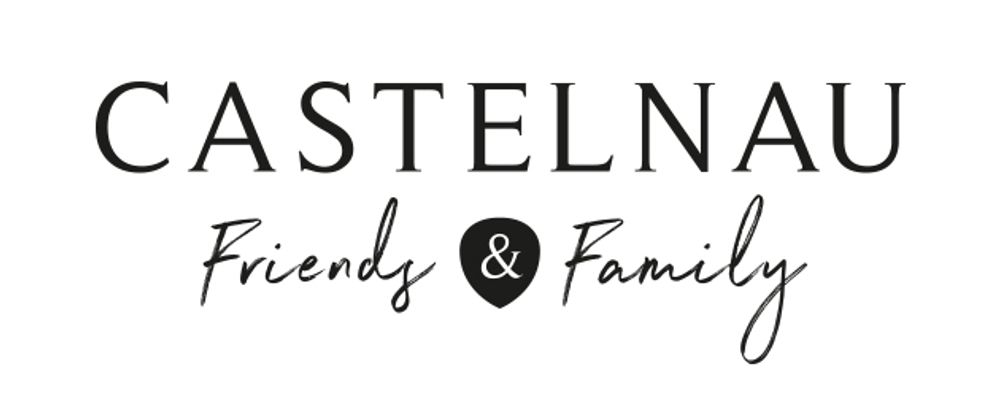
Castelnau Wine Agencies is the latest wine importer to look at running a direct to consumer service during the Covid-19 lockdown – but with a difference. The DTC initiative it is running is only aimed at what it is calling the Castelnau Direct To Friends & Family website.
Like so many of its fellow wine suppliers sales across its retail customers have remained strong over the last three months, both in the major multiples and in the independent sector, but it too has been hit by the large part of its business focused on serving regional wholesalers, the on-trade and duty free.
Belinda Stone, Castelnau’s head of marketing, explains why it has turned to DTC, albeit only for friends and family: “It was a logical business continuation strategy to help us keep stock rotating and sales coming in. Naturally we have an obligation to our suppliers and our employees to generate sales and a responsibility to find new ways of trading so that we’re still here for all our stakeholders this time next year.
She stresses: “A lot of the wines on the site are on-trade exclusives so we don’t cannibalise sales to our loyal independent customers.”
The Friends & Family website is only being promoted within “the inner circles of our team,” she adds. “It is reassuring to know the platform is there now, in case a situation like this happens again. It’s another string to our bow and its been a fun journey for us, as such a B2B company, to have the opportunity to create, curate and open a direct dialogue with the all important end consumer even if it won’t be our focus forever.”
Castelnau is also, she says, working hard with its independent merchant customers to help them drive sales with a series of monthly promotions as well as publicising what they are doing across all its social media platforms.
“London City Bond has really risen to the challenge and adapted to our mixed case offers and small drops, they’ve been incredibly reliable throughout all of this,” says Stone.
Online survey to help shape future wine trade tastings
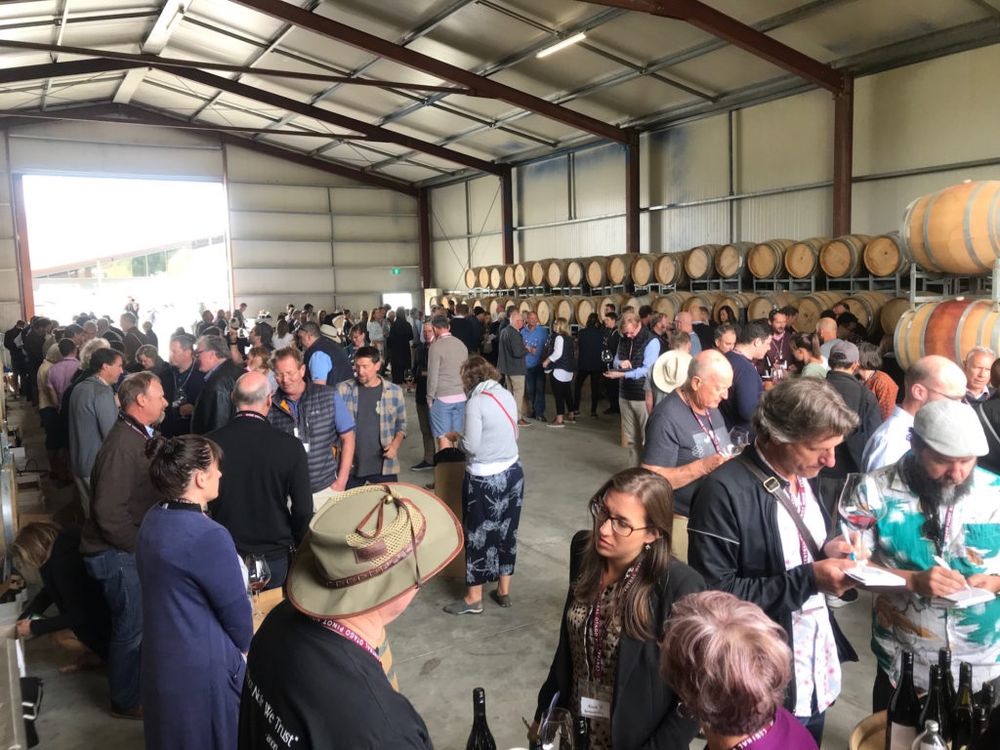
What kind of trade tasting will you go to in the future?
Whilst the wine industry has coped remarkably well with online wine tastings, being able to hold face to face tastings will be key in how the trade can get back to some sort of normal business. To help assess just what sort of tastings people would be happy to attend a collaboration of PR agencies, generic bodies and wine logistics companies have come together to devise a survey they are keen for as many trade members to fill in. The results of which will help them organise and devise tastings that the trade wants. Click here to take part in the survey. Deadline for completing it is July 7.
How The Drinks Trust has managed to help the trade during Covid-19

The Drinks Trust has released figures to show the steps it has been able to take over the last three months to help members of the trade caught up in the Covid-19 crisis. In total it has been able to help, to date, over 1,750 people who applied for The Drinks Trust COVID-19 Emergency Grant of £250 per beneficiary. Other figures show:
In the first five months of 2020, The Drinks Trust has awarded over £800,000 in financial and wellbeing grants which is already more than the £627,339 it gave out in the whole of 2019.
- 31% of grant recipients have already been made redundant due to Covid-19.
- 70% of successful grant applicants are sole household earners.
- The average age of grant beneficiaries is 29.
- 19% of grant recipients have at least one dependent child.
The Drinks Trust says the contributions have only been possible thanks to the enormous support it has received from across the trade with both personal efforts, and contributions and major donations from large drinks businesses, such as Pernod Ricard, William Grant & Sons and Whisky.Auction. In all it has received donations from over 100 drinks industry businesses during the crisis, but is keen to keep donations and support coming in as we go into the next stage of the pandemic and businesses start to unfurlough staff, and potentially make more redundancies.
Michael Saunders, chief executive of Bibendum and chairman of The Drinks Trust, says: “We are so grateful to everyone who has supported us at this very difficult time. The response from the drinks industry in terms of donations and fundraising initiatives has been incredible without which we would not have been able to help so many people. However we still have so much more to do.” It will step up fundraising in the coming months with personal quotes from those it has been able to help on social media. The quotes include comments such as:
“I would just like to say a massive thank you to everyone involved in this grant! It’s going to help me out massively with bills and being able to eat for the next few months. Relieves some anxiety for sure. I really do appreciate it!”
“Thank you. I have a full fridge and freezer. Gas/electric payed. Plus got some left for next week. Thank you everyone at The Drinks Trust.”
“As a result of my redundancy we’ve had to give up our home and move in with family; A situation that we’re all struggling to deal with. This grant gives us the ability to put some food on the table and get some of the bits we’ll need for my son to start school in September. Again, my heartfelt thanks to everyone involved.”
“Whilst being furloughed money is tighter than usual, the grant has helped ease thing for us a little and I am very thankful for that.”
- You can make a one off donate or set up a regular monthly payment here.
CAMRA: two thirds of people are ready to go back to the pub
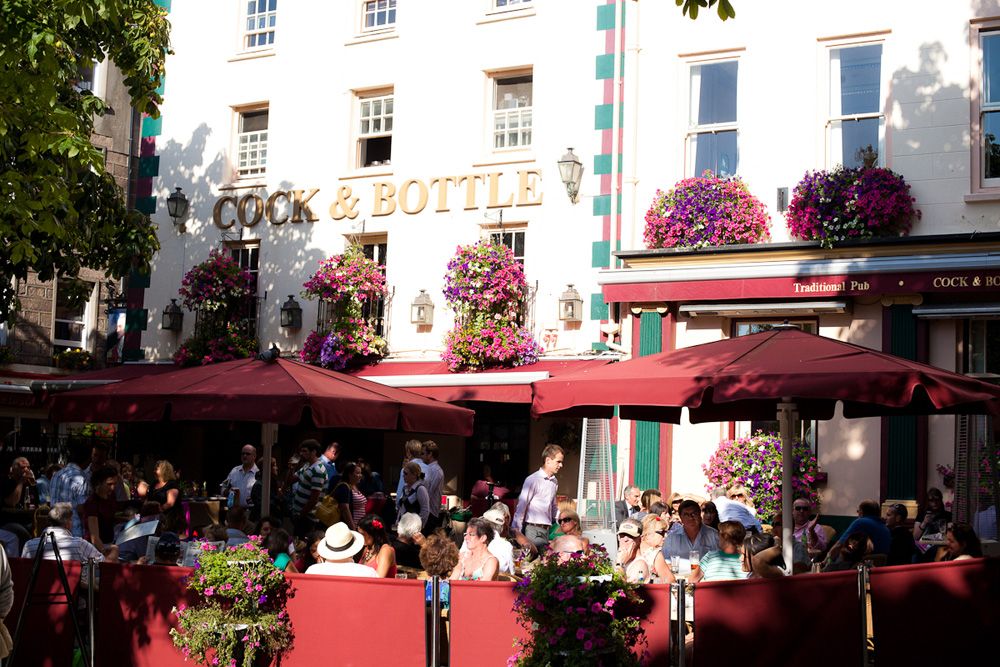
Up to two thirds of people are looking to go back to pubs says CAMRA
Up to two thirds of 22,000 people surveyed by CAMRA, the Campaign for Real Ale, feel “confident” about going back to their local pub when they are allowed to re-open.
The poll is a big boost to the pub sector that is quietly getting ready to re-open, where it can, from the potential date of July 4, given by the UK government and July 15 in Scotland. It found only 4% of people are “extremely unconfident” about going to a pub, compared to the 65% that were happy to return.
Nik Antona, CAMRA’s national chairman, says: “It’s really encouraging that our survey shows most people are confident that they can safely return to pubs, whether that’s outside in beer gardens or inside following social distancing measures. As pubs re-open in the next few weeks in England and then in Scotland it is essential, they get support from local communities – especially as many will face reduced trade as a result of social distancing.”
CAMRA is calling on consumers to back their local pubs either by visiting in person or taking advantage of many of the delivery schemes now being set up by outlets across the country.
“Now, more than ever, we need to use our pubs or else risk losing them forever,” adds Antona.
It has set up its own beer ordering app ‘Brew2You’ that allows people to order take-aways and deliveries from pubs in their area, whilst the ‘Pulling Together’ campaign page at www.camra.org.uk/pullingtogether lists services from pubs, breweries and cider producers across the country.
#ForgottenLtd: 40% of small businesses fear for their futures
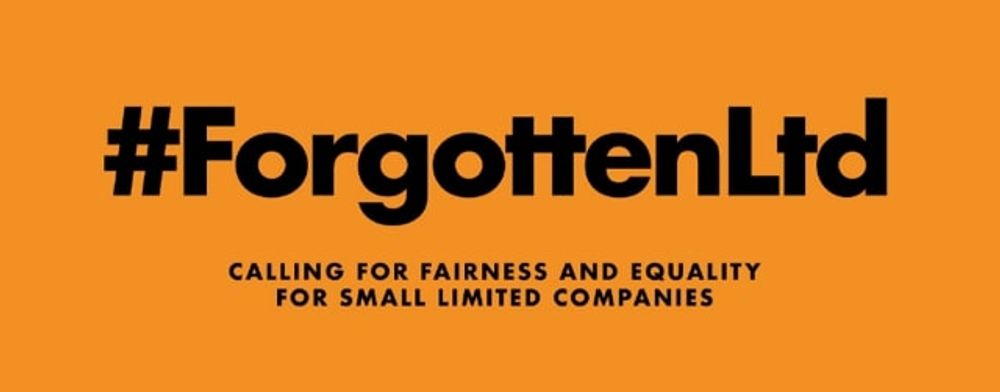
Nearly 40% of small business owners believe it will take at least five years for the UK economy to fully recover from the impact of lockdown and Covid-19, according to a new poll out today.
That’s the frank assessment of 1,000 small business owners surveyed by the #ForgottenLtd Campaign, that is trying to get government support for those running limited companies, who, so far, have not been included in any of the employment relief schemes offered through the furlough and self-employment schemes.
The survey found that:
- 15% of business owners believe the economy will fully recover by the end of 2021
- 28% said a full recovery will take up to three years
- 18% believe it will take up to five years for the economy to bounce back.
- 39% think it will be beyond 2025 before the UK economy is back on its feet.
Gina Broadhurst, co-founder of the #ForgottenLtd Campaign, said the findings are further proof that all businesses, particularly smaller ones, are going to need extra government support to see them through: “We are all linked so if small businesses are in trouble, we are all in trouble. But it’s not too late to save them. We call on the government to reconsider its unfair position on limited companies before it’s too late.”
June 11
Help take part in online survey to establish Covid-19 safe wine and drink trade tastings and events
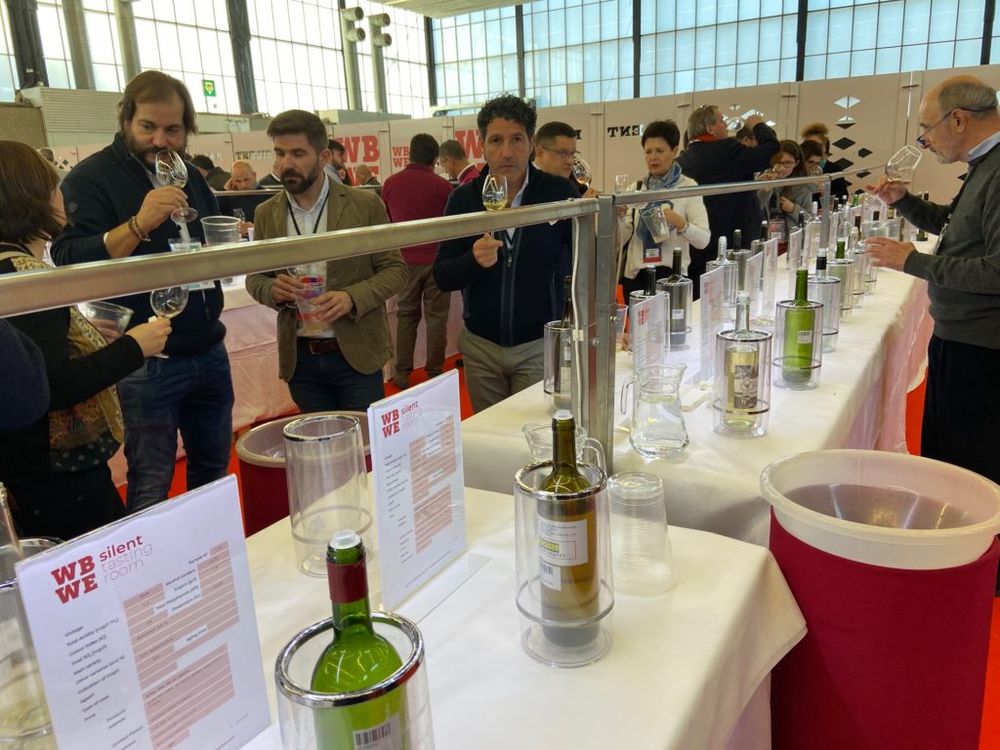
What kind of trade tasting would you be happy to go back to?
How happy would you be to go to a wine tasting or drinks event – say tomorrow or next week or next month – or whenever it is deemed safe to do so. To help get a handle on what the industry would like to see an industry-wide collaboration of specialist wine PR companies, generic bodies and wine logistics companies have come together in a bid to create a comprehensive set of guidelines on organising safe Covid-19 aware trade and press tastings.
The aim, they say, is that “these guidelines will reassure all stakeholders that as an industry we have carefully considered all aspects of keeping everyone safe in a tasting environment. Tastings are such an integral part of our trade and it is imperative that people feel confident when returning to them in the ‘new normal’.”
To so it is asking as many people in the trade as possible to take part in this online survey and help them come up with the guidelines you would like to see in place. You can take party by clicking here.
Bâtonnage to host month-long online forum to “stir up the conversation” about women in the wine industry
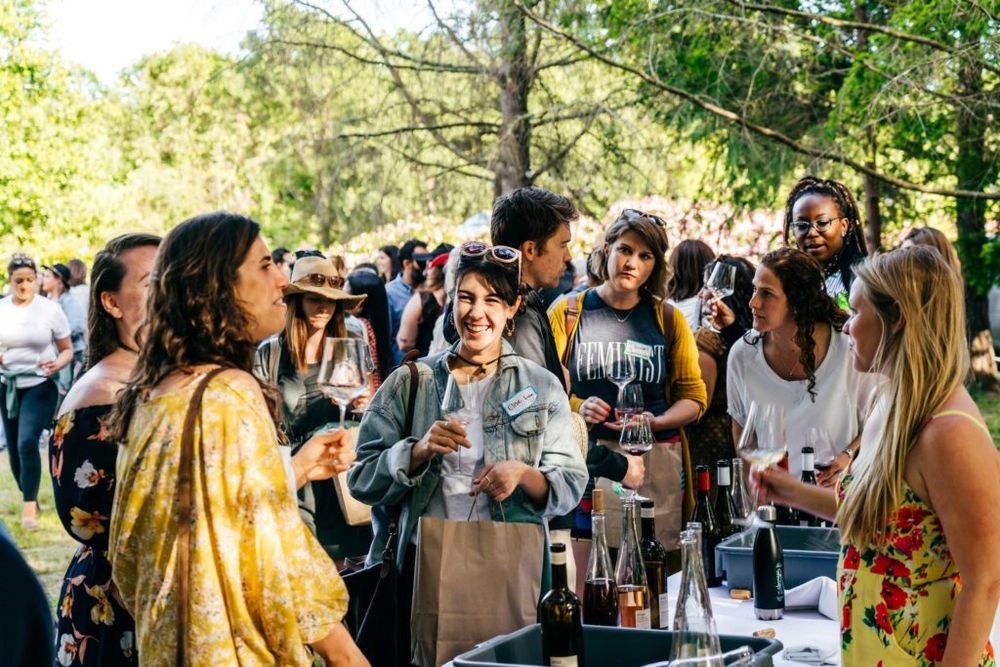
Bâtonnage is taking its annual conference online and turning it from one day to a near month long series of events, tastings, seminars and debates
Here’s news of another wine event that is having to move online, but by doing so will actually open it up to a much bigger audience around the world. Bâtonnage is the online forum set up to “open up the conversation” about women working in all areas of the wine industry and help give them a dedicated platform to come together.
It was originally set up by Stevie Stacionis, co-owner of the MAMA Oakland restaurant and Bay Grape wine shop in Oakland, and wine marketing consultant, Sarah Bray, to help the trade as a whole, understand better “the unique challenges and opportunities that women in the field – winemakers, vineyard workers, writers and marketers, sales people, sommeliers, collectors, and drinkers -have faced both historically and in the present-day”.
As they say on their website: “We simultaneously seek to propose pragmatic solutions for charting a positive, inclusive course forward. Of course, now more than ever, this intention of inclusivity is so incredibly important, and we hope that through this platform we can help to stir up the conversation!”
As part of that “conversation” Bâtonnage usually holds an annual one day event in California, but as that is not possible this year it is moving online and holding a series of webinars and debates between June 16 and July 10, covering a wide range of topics and issues relating to women’s role within the wine trade – under the title of Bâtonnage://Connect and the theme: PERSPECTIVES.
Two of the sessions of note include:

- Stirring it Up: Colour, Wine and Feminism: Julia Coney, wine writer and educator will host a panel of women of colour assessing their experiences in the industry with Shalini Sekhar, owner, Ottavino Wines, Theodora Lee, winemaker and owner, Theopolis Vineyards, Kelly Mitchell wine educator, Kelly Mitchell Wine and sales manager, Skurnik Wines, Priyanka French, winemaker, Signorello Estate.
- Defining Gender Across Generations: Kelli A. White, director of education, Pacific Union Company, senior staff writer, Guild Somm discusses “the generational challenges and opportunities” faced by Ana Keller, estate manager, Keller Estate, Beth Novak Milliken, president & CEO, Spottswoode Estate, Jaime Araujo partner, Accendo Cellars andfounder, Trois Noix, and Jasmine Hirsch, general manager and winemaker, Hirsch Vineyards.
There will also be a series of other seminars covering a wide range of topics from finance, writing, career advancement, and communication, as well as the chance to meet female winemakers in virtual walk-around tastings.
To take part will cost $40 for an All-Access passes, $32 for Select passes. Visit www.batonnageforum.com to register and to view the full program. If you would like a ticket, but don’t have the funds at the moment then there are some donated tickets available. Email info@batonnageforum.com for more information.
Sfriso Winery The 6000 Project gets 340 entries in one day

On June 8 The Buyer helped launch a new initiative from the Sfriso Winery in Treviso, northern Italy, to help it salvage something positive from a lockdown that has seen it lose a key contract to supply up to 6,000 bottles of its Prosecco to a US distributor. The 6000 Project has been devised whereby Reka Haros and Pier Sfriso, the couple who own the Sfriso winery, are willing to give the profits to a designer who can help create a wine label and brand and help sell the 6,000 bottles.
To help launch the campaign Haros linked up with One Minute Briefs, the Twitter forum from Bank of Creativity that sets design challenges to the design industry on different themes per day as a way for creatives to showcase their talent. The campaign was run on June 10 and had a phenomenal response – with 340 different designs entered. Here’s just a few…
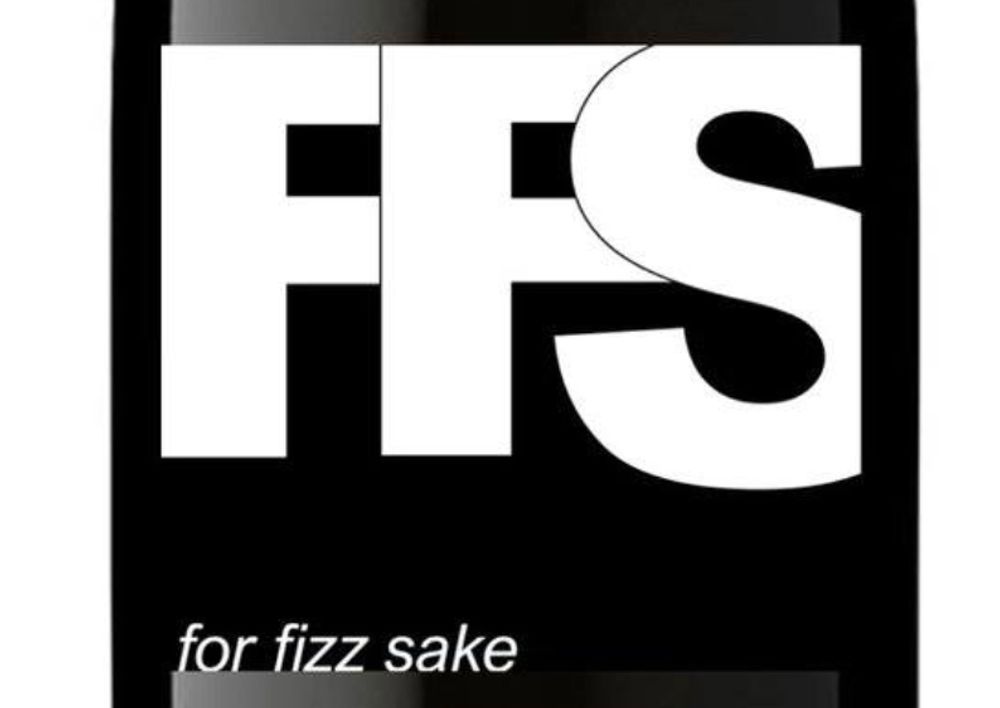
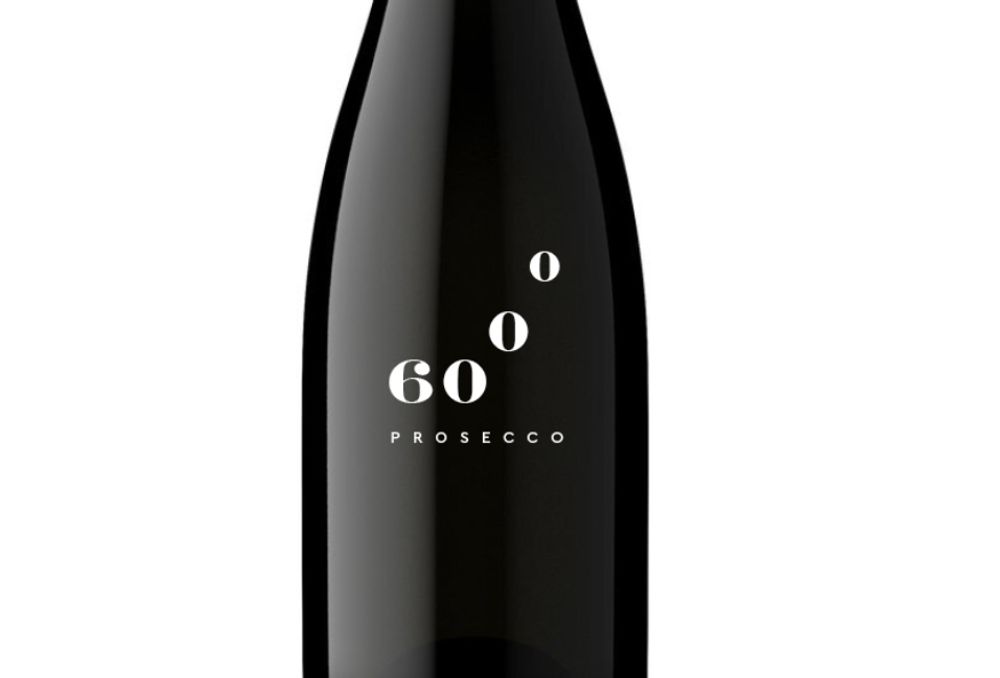
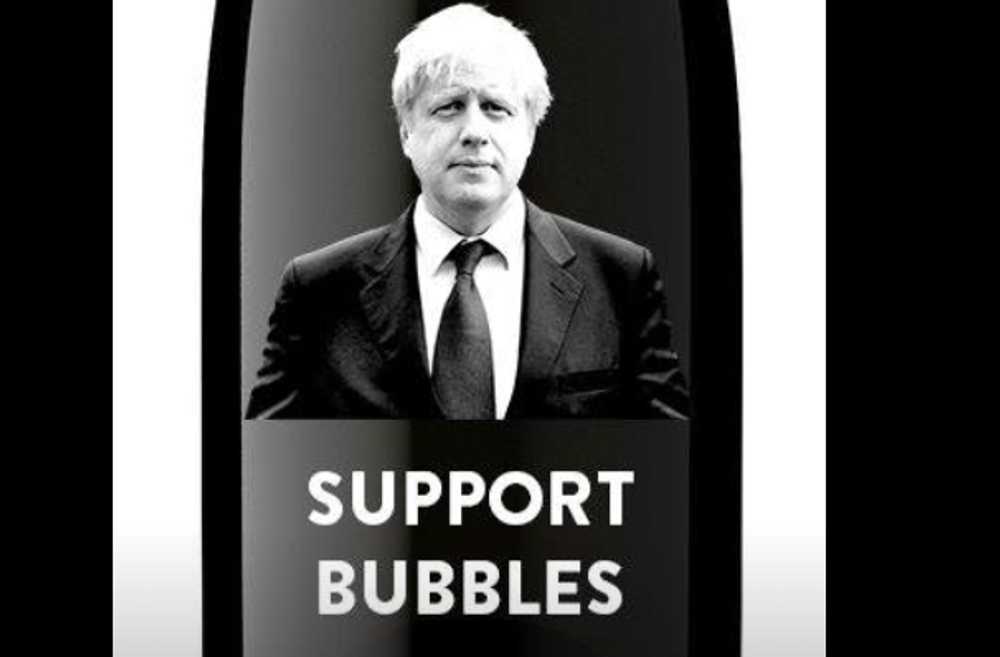
All the designs have now been included on the One Minute Briefs Facebook page to go to the public vote. The 10 with the most likes and retweets will then go forward to compete against any other designs that The 6000 Project gets from both within and outside the drinks industry.
If you would like to enter and find out more about The 600 Project read The Buyer story here and go to the website here.
Red Lion & Sun helps create a London cellar door for New Zealand’s Prophet Rock
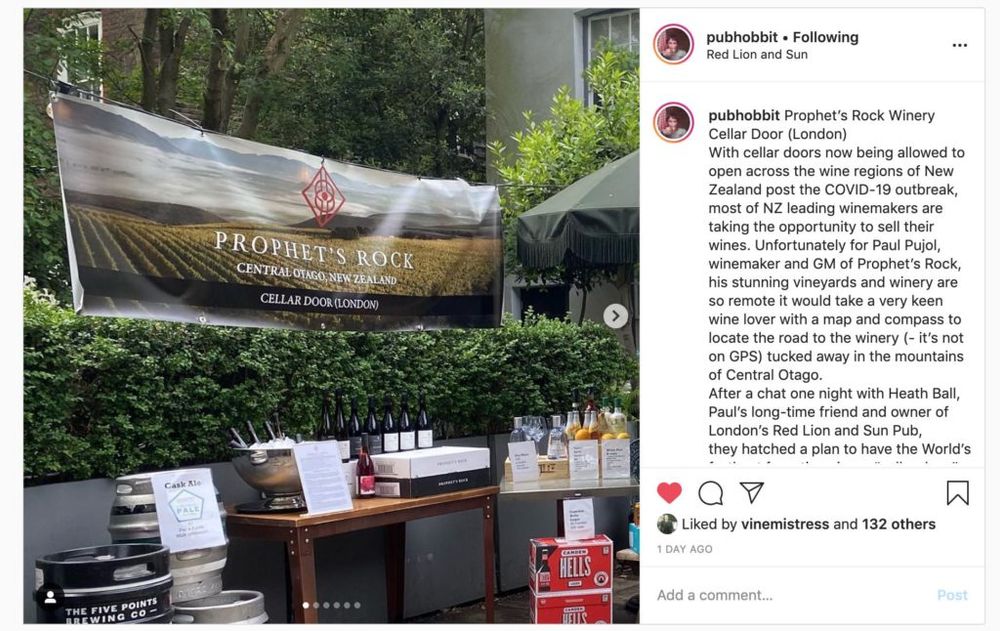
The Red Lion & Sun in Highgate has converted itself into a cellar door type operation during lockdown – so why not offer the same service to New Zealand’s Prophet Rock
The Red Lion & Sun in Highgate has teamed up with Prophet’s Rock in New Zealand to create what it is calling the “world’s furthest from the winery cellar door”.
The move ticks two boxes. It gives Heath Ball, owner of the Red Lion & Sun, a new feature to help promote what has already been a successful move to sell his pub wines to locals on a click and collect basis – his very own cellar door from the front garden of his pub; and it helps mark the fact that New Zealand is now officially Covid-19 free with cellar doors now open to the public.
Which is good news in theory for Paul Pujol, winemaker and general manager of Prophet’s Rock, but his winery is so remote tucked up in the hills of Central Otago that he is not likely to get much passing traffic for a while. Hence the big banner outside the Red Lion & Sun to draw in passersby to come and try and buy some of Pujol’s award winning finest wines from some of the most remote grape growing areas of Central Otago. He is offering five wines – from £25 (Dry Riesling 2014) to £80 (Cuvée Aux Antipodes) a bottle, with £15 for 50ml.
Heath has been offering his wines – and some food – to locals, who either come and order directly outside the pub, or pre-order using his wine supplier Bibendum’s Local app – featured this week on The Buyer.
June 9
KAM Media: Pubs will be relying on younger customers when they can re-open
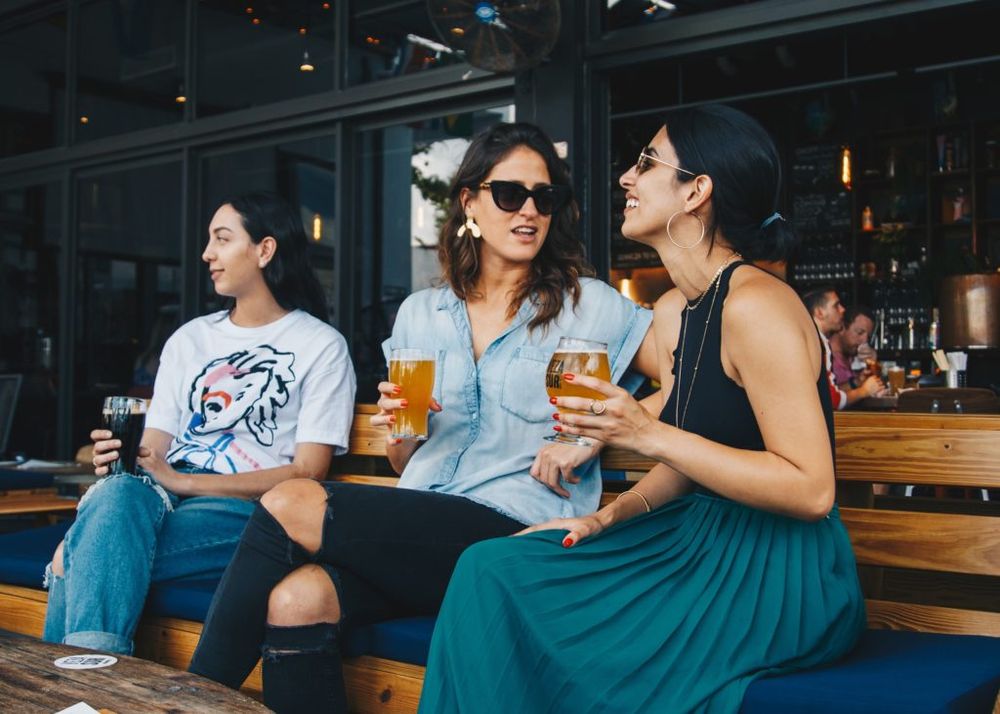
Pubs will have to work a lot harder to get the over 50s to return once lockdown is over
If there are fears about what sort of consumer demand there is going to be for pubs and bars when they re-open post lockdown, then new research from KAM Media might allay them – at least for those outlets looking to attract a younger crowd. Its findings, in association with British Institute of Innkeeping. shows that one in three of 18 to 34-year olds surveyed not only can’t wait to go to a pub, they expect to visit them more often after lockdown than they did before.
It seems it is the Generation Z and younger Millennials that the on-trade will be relying on as and when pubs and the on-trade are allowed to re-open. The research found that 52% of those aged between 18-34-years plan to visit a pub at least once a week when lockdown measures lift. But there will also be financial pressures on younger customers over the coming months depending on their work situation.
But that won’t be enough for the overall sector to bounce back with KAM Media expecting footfall to be down overall for the UK pub industry by up to 200m visits over the first six months.
“The research suggests overall customers intend to visit pubs around 12% less often,” says Katy Moses, managing director of KAM Media. “Pubs will obviously be impacted very differently depending on their customer base, location and whether they are food or drink-focussed. Unfortunately, the types of pubs which may suffer the most initially are food-led and city centre locations – 48% of respondents say they intend to visit city centre pubs less often.”
Other key findings from the study include:
- a customer’s age will have a significant impact on whether they plan to return to the pub. A third of people under 34 years plan to spend more time and more money per visit compared with just 6% of those over 55 years old.
- the reasons why people will want to visit a pub will change slightly to. Pubs are likely to see fewer business meetings, remote working and visits to watch live sports – at least in the early stages of re-opening.
- pubs will be able to capitalise on the rise in home delivery during lockdown and “develop their offer via digital solutions”.
The research is based upon 1,113 interviews conducted in May with UK adults (+18) who visited pubs at least once every six weeks, prior to lockdown. Nationally representative of the UK.
Barclaycard data: pubs and restaurants enjoy takeaway boost
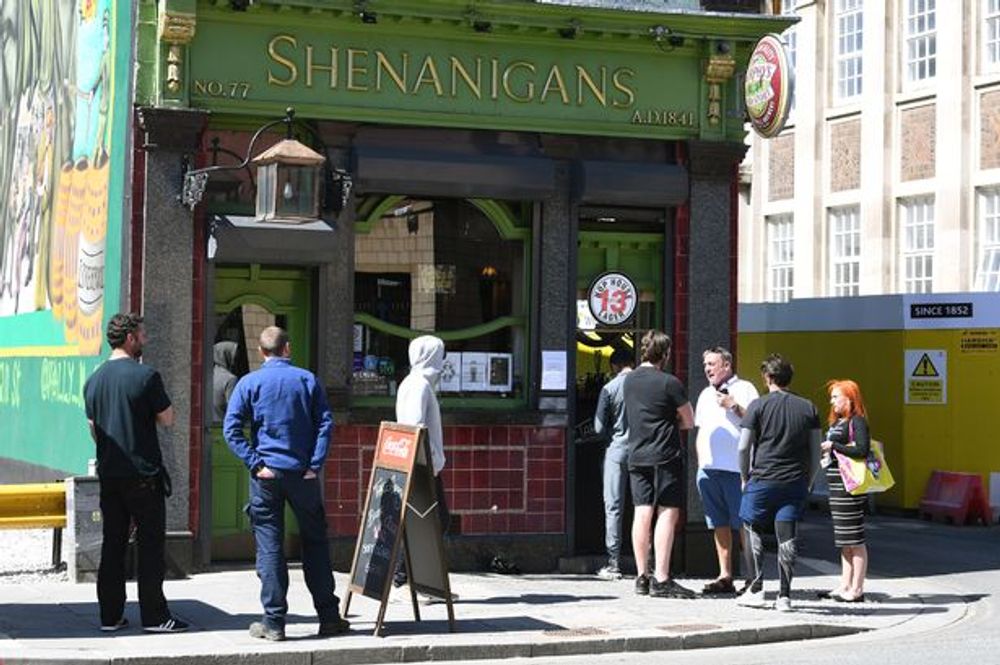
Queuing for a pint served out a window could be the future for many this summer
There is some good news for pubs and restaurants in the latest spend analysis released by Barclaycard which which shows the public has been quick to respond to those outlets that have been able to open for takeaway and delivery during May. Its data shows the sector has recovered by nine percentage points with total eating and drinking down 70.3% year-on-year, compared to 79.1%.
Which might sound like a classic bit of PR spin, but it also reflects the fact 14% of UK consumers are now buying food and drink from a pub or restaurant, and 10% are purchasing takeaway coffee. Barclaycard’s data reveals overall consumer spending was down 26.7% for the same month in 2019.
It also shows how well the overall independent sector has done with total sales across local specialist food and drink outlets, such as greengrocers and independent convenience stores, up 42.5% – the highest since lockdown started. Supermarket spend was up 24.5%.
It’s not just the drinks sector that has seen a boom in online with specialist retailers, across sports and general retailers seeing rises of 96.3% and 85.8% respectively in the last month as people continue to go online and are happy to spend more on goods that will help them exercise and keep fit at home while gyms remained closed.
Barclaycard also shows consumer confidence is an area of concern with only 20% of UK adults feeling positive about their futures. Those 18 to 34 are noticeably more upbeat than those aged over 35, it says. Nearly 60% of consumers are concerned they do not have enough savings to see themselves through the crisis.
Barclaycard director Esme Harwood said: “While the restrictions continue to have a significant impact there are glimmers of hope. There’s a positive shift for the cafes, pubs and restaurants beginning to open up again, as well as retailers.”
Why every business now needs to be a “health business” in the future
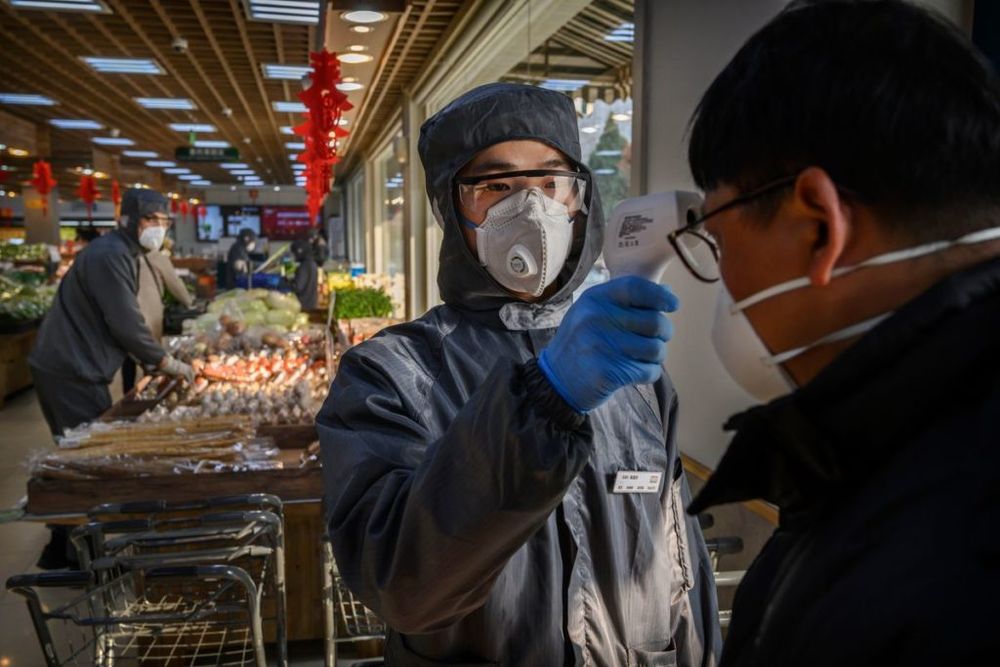
This is already a common sight before you can go shopping in China
As and when pubs and restaurants do open up, woe betide any outlet that tries to cut corners when it comes to health and safety. You will be doing more harm than good to your own business, as you are risking the health of your staff and customers.
You will not be forgiven either. Wunderman Thompson Data’s Anxiety Index shows that 89% of Americans believe individual companies have a responsibility to help stop the spread and impact of Covid-19. They are only going to get ratcheted up higher the more the lockdown eases, says the Index. It’s why businesses that have been able to trade around the world have done so by “promoting the health-first credentials of their products and services,” it says.
Amazon, it reports, has started building a COVID-19 testing lab for its employees and is promising to test all staff on a regular basis.
In China online giant, Alibaba, created the Alipay Health Code app on smartphones whereby users get a rating of green, yellow or red based on their personal health records. They can use that as proof to allow them to to move around in shops and public spaces—or not.
Accenture, in its recent Covid-19 report, says every business has now become a “health business” and will not only have to implement the right measures, but also respond and respect consumer and employee health concerns, offering protective measures wherever possible. “Leaders should consider the steps they take to reopen as the first in a long journey of wider transformation,” it says. It’s time to be to be “more digital, data-driven, and in the cloud; to have more variable cost structures, agile operations and automation; to create stronger capabilities in e-commerce and security”.
Wunderman Thompson’s Future 100 report says we can expect to see fashion retailers removing changing rooms and allowing customers a longer time to return goods. Other stores will ofter temperature checks and testing kits as part of their overall offer to come in.
It event suggests some companies will need to employ specialist health and hygiene experts to ensure their businesses are compliant and even envisages the chief health officer being a new key role in the future.
Covid-19 is a time when brands and businesses are being judged – are you a ‘hero’ or a ‘zero’?
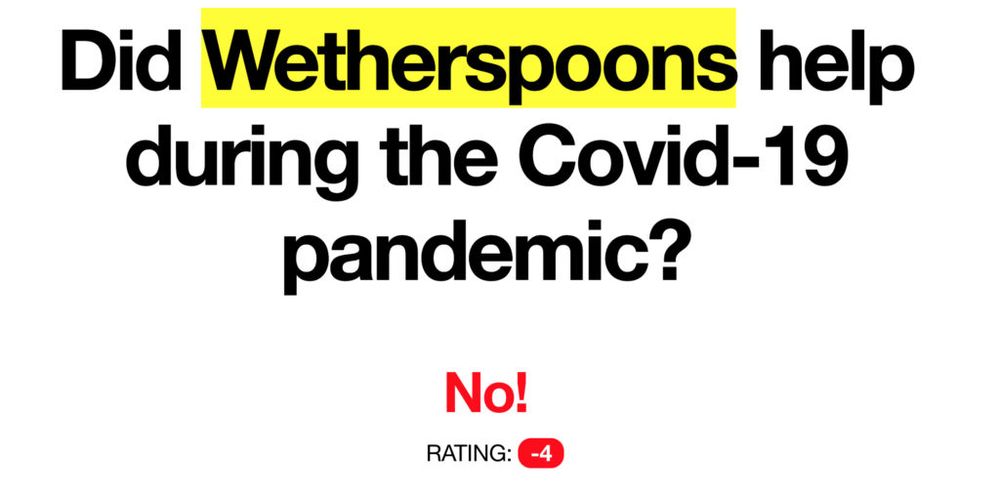
The Brits might be renown for their reserved nature, but this is no time to be a shrinking violet when it comes to standing up as a brand or a business or what you are doing to help the wider community during Covid-19. In fact research from Edelman Trust Barometer shows that up to 71% of people would turn their backs on any company that is seen to be putting profits before people at this time. It mirrors Wunderman Thompson data that shows 90% of consumers in the UK and US expect the brands they buy to “have a responsibility to take care of the planet and its people”.
It has even seen the launch of the Did They Help? website that has been set up to name and shame but also highlights brands and celebrities that are deemed to be doing – or not – the right thing at this time. According to Did They Help you are either a ‘hero’ or a ‘zero’. “The reputation of a company as a whole will have to be steeped in their good deeds,” says website founder Pooj Morjaria in an interview with Wunderman Thompson Intelligence. Ethics-driven consumerism, he says, “will grow and grow and grow.” Consumers will start to make “better informed decisions about where they’re spending their money, and that will have an impact on companies. So I think companies are really stepping up.”
Type in Wetherspoons into its Did They Help? search bar on the site and the answer above comes up. Do they same for Brewdog and the below scores comes up, which is a reflection of the work it has done during Covid-19 to make hand santisters, craft beers and help people by creating a virtual pub.
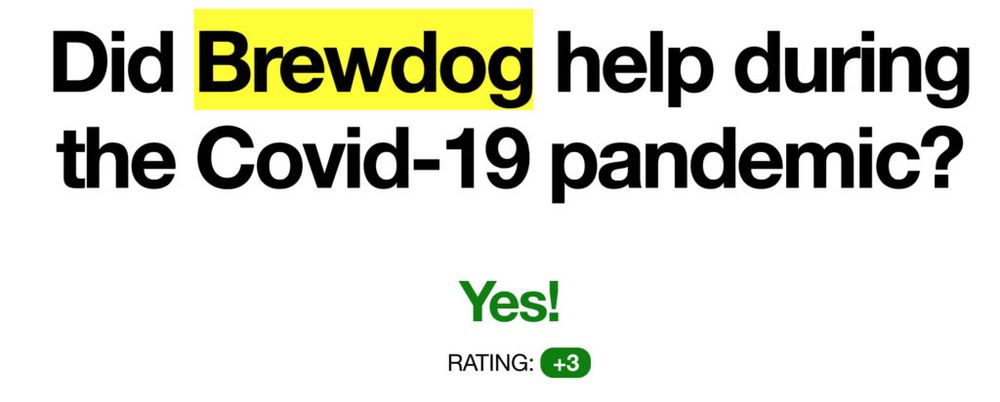
Castelnau opens up Friend & Family DTC website
Castelnau Wine Agencies is the latest wine importer to look at running a direct to consumer service during the Covid-19 lockdown – but with a difference. The DTC initiative it is running is only aimed at what it is calling the Castelnau Direct To Friends & Family website.
Like so many of its fellow wine suppliers sales across its retail customers have remained strong over the last three months, both in the major multiples and in the independent sector, but it too has been hit by the large part of its business focused on serving regional wholesalers, the on-trade and duty free.
Belinda Stone, Castelnau’s head of marketing, explains why it has turned to DTC, albeit only for friends and family: “It was a logical business continuation strategy to help us keep stock rotating and sales coming in. Naturally we have an obligation to our suppliers and our employees to generate sales and a responsibility to find new ways of trading so that we’re still here for all our stakeholders this time next year.
She stresses: “A lot of the wines on the site are on-trade exclusives so we don’t cannibalise sales to our loyal independent customers.”
The Friends & Family website is only being promoted within “the inner circles of our team,” she adds. “It is reassuring to know the platform is there now, in case a situation like this happens again. It’s another string to our bow and its been a fun journey for us, as such a B2B company, to have the opportunity to create, curate and open a direct dialogue with the all important end consumer even if it won’t be our focus forever.”
Castelnau is also, she says, working hard with its independent merchant customers to help them drive sales with a series of monthly promotions as well as publicising what they are doing across all its social media platforms.
“London City Bond has really risen to the challenge and adapted to our mixed case offers and small drops, they’ve been incredibly reliable throughout all of this,” says Stone.
Castelnau currently has four of its 10-strong UK team on furlough, and will look to gradually bring them back over the coming weeks and months as the on-trade starts to open up again.
How The Drinks Trust has managed to help the trade during Covid-19
The Drinks Trust has released figures to show the steps it has been able to take over the last three months to help members of the trade caught up in the Covid-19 crisis. In total it has been able to help, to date, over 1,750 people who applied for The Drinks Trust COVID-19 Emergency Grant of £250 per beneficiary. Other figures show:
- In the first five months of 2020, The Drinks Trust has awarded over £800,000 in financial and wellbeing grants which is already more than the £627,339 it gave out in the whole of 2019.
- 31% of grant recipients have already been made redundant due to Covid-19.
* 70% of successful grant applicants are sole household earners.
- The average age of grant beneficiaries is 29.
- 19% of grant recipients have at least one dependent child.
The Drinks Trust says the contributions have only been possible thanks to the enormous support it has received from across the trade with both personal efforts, and contributions and major donations from large drinks businesses, such as Pernod Ricard, William Grant & Sons and Whisky.Auction. In all it has received donations from over 100 drinks industry businesses during the crisis, but is keen to keep donations and support coming in as we go into the next stage of the pandemic and businesses start to unfurlough staff, and potentially make more redundancies.
Michael Saunders, chief executive of Bibendum and chairman of The Drinks Trust, says: “We are so grateful to everyone who has supported us at this very difficult time. The response from the drinks industry in terms of donations and fundraising initiatives has been incredible without which we would not have been able to help so many people. However we still have so much more to do.”
It will step up fundraising in the coming months with personal quotes from those it has been able to help on social media. The quotes include comments such as:
“I would just like to say a massive thank you to everyone involved in this grant! It’s going to help me out massively with bills and being able to eat for the next few months. Relieves some anxiety for sure. I really do appreciate it!”
“Thank you. I have a full fridge and freezer. Gas/electric payed. Plus got some left for next week. Thank you everyone at The Drinks Trust.”
“As a result of my redundancy we’ve had to give up our home and move in with family; A situation that we’re all struggling to deal with. This grant gives us the ability to put some food on the table and get some of the bits we’ll need for my son to start school in September. Again, my heartfelt thanks to everyone involved.”
“Whilst being furloughed money is tighter than usual, the grant has helped ease thing for us a little and I am very thankful for that.”
* You can make a one off donate or set up a regular monthly payment here.
CAMRA: two thirds of people are ready to go back to the pub
Up to two thirds of 22,000 people surveyed by CAMRA, the Campaign for Real Ale, feel “confident” about going back to their local pub when they are allowed to re-open.
The poll is a big boost to the pub sector that is quietly getting ready to re-open, where it can, from the potential date of July 4, given by the UK government and July 15 in Scotland. It found only 4% of people are “extremely unconfident” about going to a pub, compared to the 65% that were happy to return.
Nik Antona, CAMRA’s national chairman, says: “It’s really encouraging that our survey shows most people are confident that they can safely return to pubs, whether that’s outside in beer gardens or inside following social distancing measures. As pubs re-open in the next few weeks in England and then in Scotland it is essential, they get support from local communities – especially as many will face reduced trade as a result of social distancing.”
CAMRA is calling on consumers to back their local pubs either by visiting in person or taking advantage of many of the delivery schemes now being set up by outlets across the country.
“Now, more than ever, we need to use our pubs or else risk losing them forever,” adds Antona.
It has set up its own beer ordering app ‘Brew2You’ that allows people to order take-aways and deliveries from pubs in their area, whilst the ‘Pulling Together’ campaign page at www.camra.org.uk/pullingtogether lists services from pubs, breweries and cider producers across the country.
Four in ten small business owners believe it will take AT LEAST five years for the UK economy to fully recover from the impact of Covid-19
London, 15 June 2020 —
Nearly 40% of small business owners believe it will take at least five years for the UK economy to fully recover from the impact of lockdown and Covid-19, according to a new poll out today.
That’s the frank assessment of 1,000 small business owners surveyed by the #ForgottenLtd Campaign, that is trying to get government support for those running limited companies, who, so far, have not been included in any of the employment relief schemes offered through the furlough and self-employment schemes.
The survey found that:
* 15% of business owners believe the economy will fully recover by the end of 2021
- 28% said a full recovery will take up to three years
- 18% believe it will take up to five years for the economy to bounce back.
- 39% think it will be beyond 2025 before the UK economy is back on its feet.
Gina Broadhurst, co-founder of the #ForgottenLtd Campaign, said the findings are further proof that all businesses, particularly smaller ones, are going to need extra government support to see them through: “We are all linked so if small businesses are in trouble, we are all in trouble. But it’s not too late to save them. We call on the government to reconsider its unfair position on limited companies before it’s too late.”
Online survey to help shape future wine trade tastings
Whilst the wine industry has coped remarkably well with online wine tastings, being able to hold face to face tastings will be key in how the trade can get back to some sort of normal business. To help assess just what sort of tastings people would be happy to attend a collaboration of PR agencies, generic bodies and wine logistics companies have come together to devise a survey they are keen for as many trade members to fill in. The results of which will help them organise and devise tastings that the trade wants. Click here to take part in the survey. Deadline for completing it is July 7. https://www.surveymonkey.co.uk/r/8QQQFX6
How lockdown is pushing drinks companies to invest more in digital solutions
The Covid-19 lockdown has given major drinks brands the impetus to really ramp up their use of new digital technologies, such as augmented reality and artificial intelligence, as we look to new ways of ‘safe’ drinking both at home and when we are out and about.
It’s an area that Diageo, for example, has been looking to take the lead on for some time, but it has stepped up its efforts even more during lockdown, says digital innovation manager, Will Harvey.
The Futures team at Diageo runs around 30 pilots a year looking at how new technology can help the drinking experience of its major brands, says Harvey. These include an AI whisky tool, whatsyourwhisky.com, that allows consumers to carry out in-home tasting sessions through a voice assistant like Alexa.
He was speaking as part of the latest podcast to be released by drinks company Ripples, which has been producing a series of what it calls DrinkX podcasts with key drinks figures during the lockdown.
Harvey believes Covid-19 will have a long term impact on how consumers behave in the future, particularly around social distancing measures and how technology can help everyone feel secure, but also enhance the drinking experience at the same time. Voice search has really pushed on during Covid-19 and he expects that to only become more important.
He urges more people in the drinks industry to look at what is happening in other sectors and how they are using different aspects technology that we might not consider in drinks, but are having an impact on how consumers use and understand new tech – like in the gaming world.
That’s also how a business like Diageo can tap into and work with tech companies that it would not normally come across.
Coming out of lockdown, consumers will naturally want to be more involved in local initiatives, businesses and communities and brands will be assessed far more on those levels than in the past.
Consumers are going to demand far more from brands and how those brands can help them feel connected by using new areas such as live streaming and virtual experiences as well as actual product development. So how can brands remain relevant in what will be more demand for virtual driven experiences.
Rewriting digital
Jon Reay, of technology consultancy, Rewrite Digital, has also taken part in a Ripples’ DrinkX podcast to look at how drinks companies can work more with AR and AI devices like Alexa.
It’s an area he explores further with the release of his ‘Digital in Drinks Report’ for 2020, that reveals nearly 80% of drinks suppliers have ramped up their digital capability in the last year, and are likely to have gone further during Covid-19 – but only 15% see themselves as “digital leaders”.
He believes the key trends that are driving digital in drinks are around: increased personalisation; using blockchains more effectively; end to end AI that helps create new products; building multi sensory experiences through virtual reality; what ‘virtual’ will mean for the on-trade sector; direct consumer
Reay says that for those companies that are really embracing digital it’s not something they “aspire: to, but is now driving their “strategic decision” making. “It’s never too late to get on board with digital… [but] those who are leading the way will continue to move faster and we will start to see a bigger gap [opening up],” he says.
You can listen to both podcasts, and others in the series, here www.thedrinkx.com. The Harvey podcast is available here and Reay is available by clicking here.


